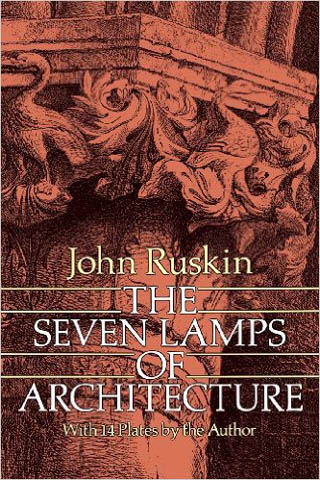Genius Loci: Towards a Phenomenology in Architecture
1 October, 2016
The present book forms a sequel to…Intentions in Architecture and Existence, Space and Architecture. It also relates to…Meaning in Western Architecture. Common to all of them is the view that architecture represents a means to give man an “existential foothold”…The philosophy of Heidegger has been the catalyst which has made the present book possible and determined its approach. The wish for understanding architecture as a concrete phenomenon…could be satisfied in the present book…thanks to Heidegger’s essays on language and aesthetics.
Man dwells when he can orient himself within and identify himself with an environment, or, in short, when he experiences the environment as meaningful. Dwelling therefore implies something more than “shelter”. It implies that the spaces where life occurs are places, in the true sense of the word. A place is a space which has a distinct character. Since ancient times the genius loci, or “spirit of place”, has been recognized as the concrete reality man has to face and come to terms with in his daily life. Architecture means to visualize the genius loci, and the task of the architect is to create meaningful places, whereby he helps man to dwell.





